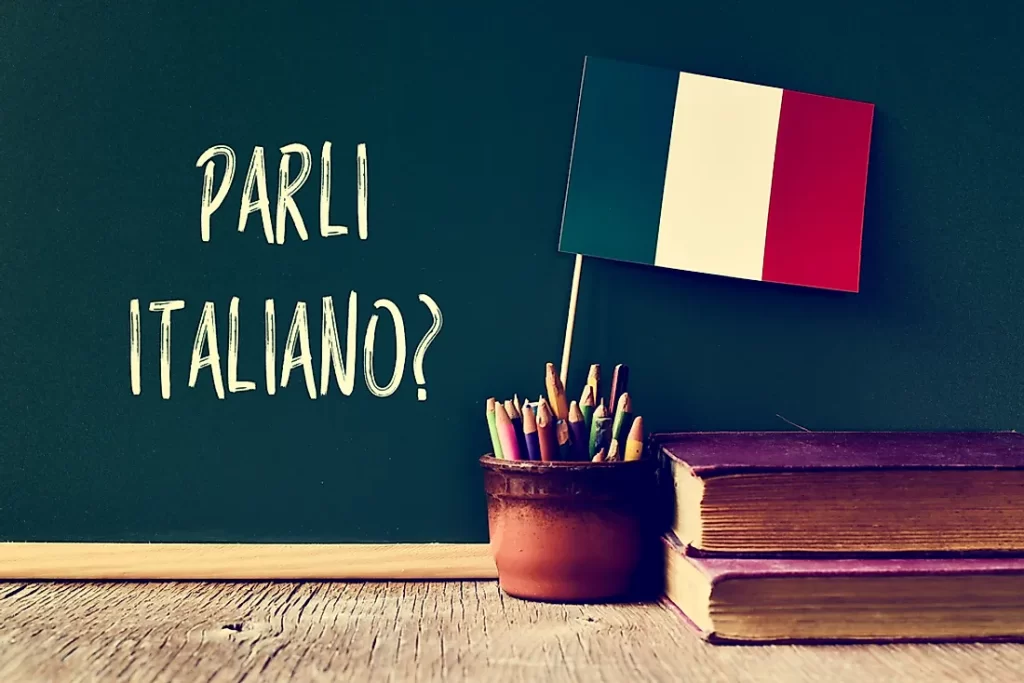Italy is a beautiful and welcoming country, and while many Italians speak some English, knowing a few basic phrases in Italian can make your experience even more enjoyable. Whether you’re ordering in a café, asking for directions, or just trying to be polite, these five phrases will help you connect with locals and navigate Italy with ease.

1. “Buongiorno” (Good Morning) and “Buonasera” (Good Evening)
Starting with a friendly greeting can go a long way! Italians appreciate it when visitors make an effort to greet them in their language. Use “Buongiorno” in the morning and “Buonasera” in the evening. If you’re in an informal setting, you can simply say “Ciao” (Hi) when greeting friends or people your age.
- When to Use It: Say Buongiorno when you walk into a shop, café, or restaurant during the day, and switch to Buonasera in the evening.
2. “Per favore” (Please) and “Grazie” (Thank You)
Politeness is essential in Italy, and these two words will help you make a great impression. Per favoremeans “please,” and Grazie means “thank you.” Remember to add a warm smile—Italians are known for their warmth and friendliness, so it’s always appreciated!
- When to Use It: Use Per favore when asking for something and Grazie to show appreciation. You can also say Grazie mille (thank you very much) if you’re feeling extra grateful.
3. “Dov’è…?” (Where is…?)
This is an incredibly useful phrase for tourists who are exploring Italy’s many historic cities and scenic spots. Dov’è…? means “Where is…?” and you can add specific locations to the phrase, like il bagno (the bathroom) or la stazione (the train station). Italians are generally happy to help you find your way if you ask politely.
- Example: Dov’è la stazione? (Where is the train station?)
- When to Use It: Whenever you’re looking for a specific location, like a landmark or restroom.
4. “Vorrei…” (I Would Like…)
This phrase will come in handy at restaurants, cafés, and shops. Vorrei means “I would like…” and allows you to politely ask for what you want. Whether you’re ordering a coffee, buying a souvenir, or looking at a menu, Vorrei is a friendly way to make your request.
- Example: Vorrei un caffè, per favore (I would like a coffee, please).
- When to Use It: When ordering food, drinks, or making polite requests in a store.
5. “Parla inglese?” (Do You Speak English?)
While many Italians speak English, it’s considerate to ask if they’re comfortable speaking it. Parla inglese? is a polite way to see if someone speaks English, and it can make the conversation smoother. Even if the person isn’t fluent, they’ll appreciate the polite approach.
- When to Use It: If you’re having trouble understanding or need assistance in English, start by asking Parla inglese? It’s a respectful way to switch languages.
Bonus Tips for Using Italian Phrases
- Keep It Simple: Italians appreciate when visitors try to speak their language, so even a few words or phrases can make a big difference.
- Speak Slowly and Clearly: If you’re unsure about pronunciation, it’s better to speak slowly. Italians will often be patient and may even help you with the pronunciation!
- Add Gestures: Italians are expressive speakers, so feel free to use your hands or facial expressions to convey what you mean.
Learning a few Italian phrases not only makes interactions smoother but also enhances your experience. Italians will appreciate your efforts to connect with them in their language, and it can lead to warmer welcomes and memorable moments throughout your travels in Italy.

